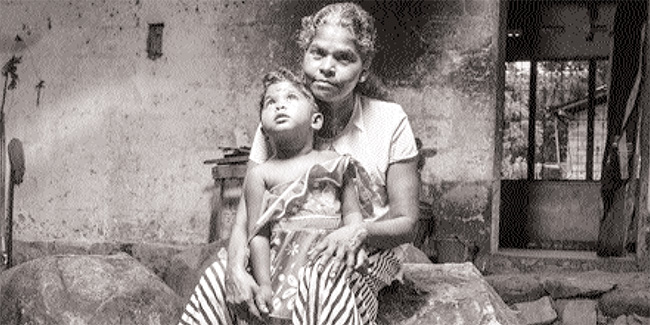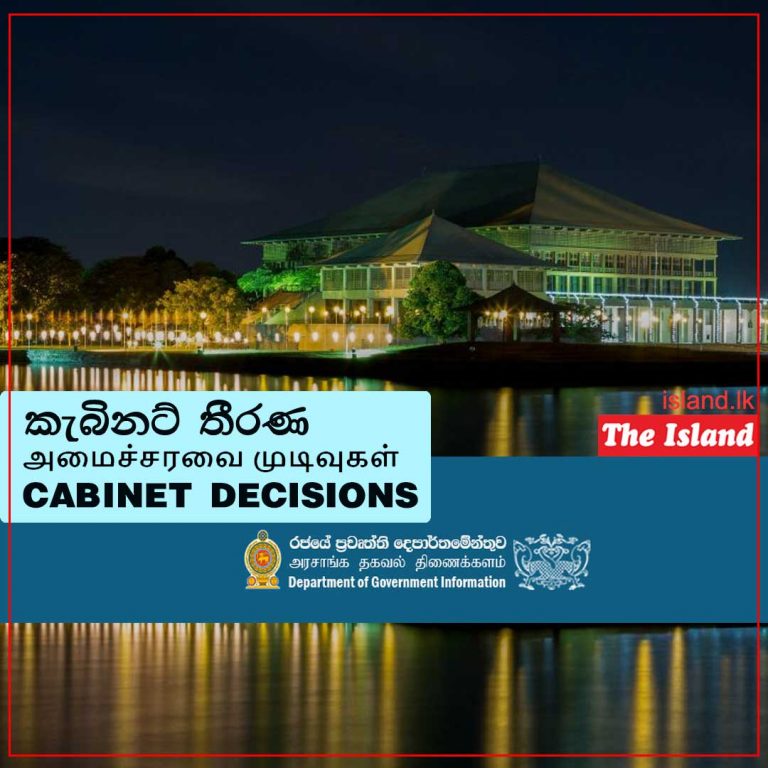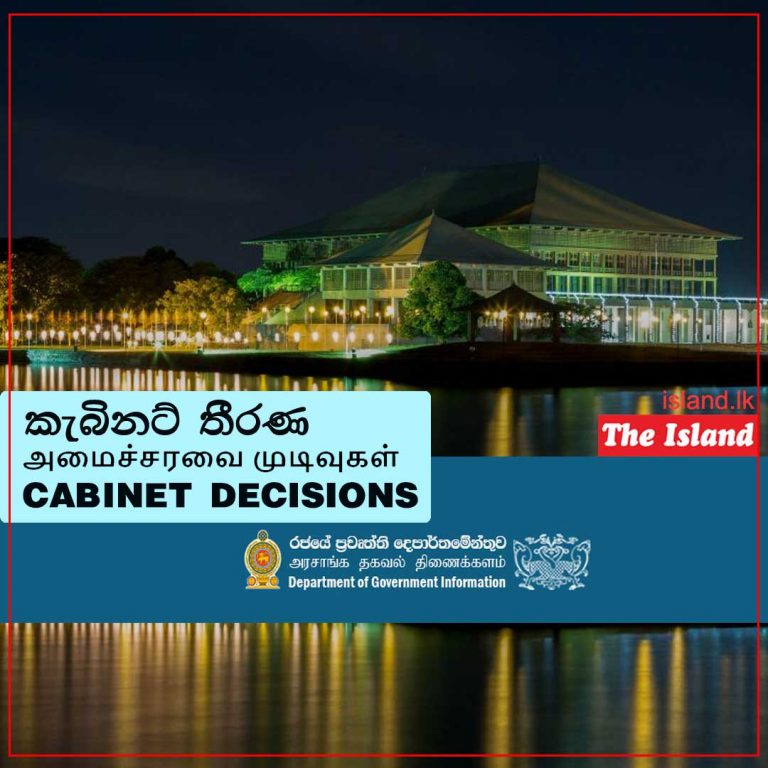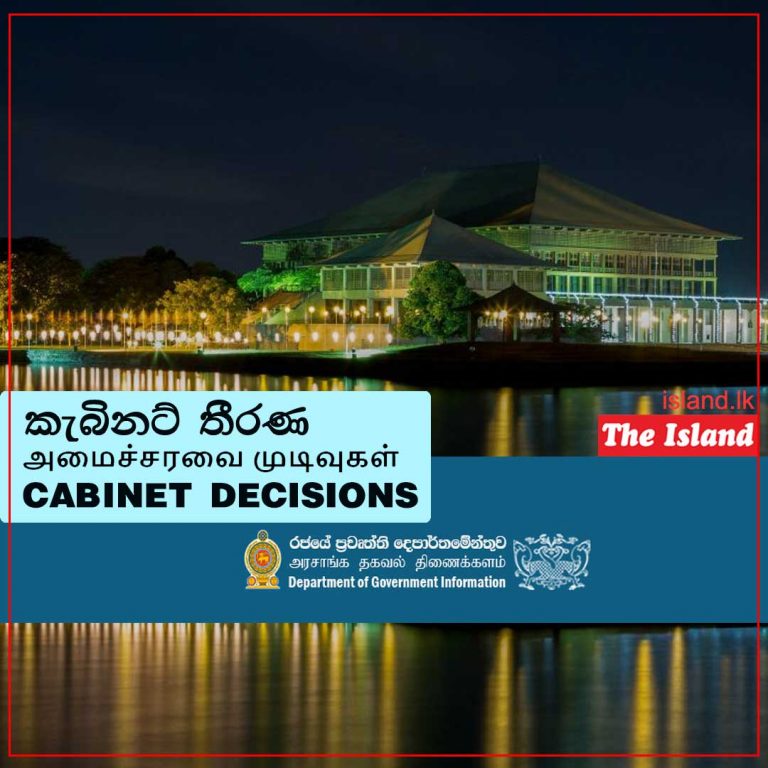News
Record inflation and skyrocketing prices leave over 6 million Sri Lankans food insecure: WFP

As prices keep healthy meals out of reach, some 61 per cent of households are regularly using coping strategies to cut down on costs, such as reducing the amount they eat and consuming increasingly less nutritious meals.
And with opportunities to make enough income in the medium to long-term decreasing for an estimated 200,000 families, the UN food relief agency anticipates that even more people will turn to these coping strategies as the crisis deepens.
“These days, we don’t have a proper meal but eat only rice and gravy,” one woman told WFP.
WFP is warning that a lack of nutrition has grave consequences for pregnant women, putting both their own and their children’s health at risk.
“Pregnant mothers need to eat nutritious meals every day, but the poorest find it harder and harder to afford the basics,” WFP Deputy Regional Director for Asia and the Pacific Anthea Webb said last month.
She told a local television station that by skipping meals, pregnant women were putting themselves and their children’s health at risk in a way that “carries throughout your life”.
To combat the food crisis and its effect on malnutrition, WFP has been distributing monthly food vouchers to pregnant women, valued at $40, in some of the poorest neighbourhoods, alongside antenatal care provided by the local government.
Debilitating inflation
Amidst a staggering 57.4 per cent inflation rate, steeply increasing food prices have crippled the population’s ability to put sufficient and nutritious meals on the table, rendering two in five households without adequate diets.
The food security situation is worst among people working in the farming estates sector – such as large tea plantations – where more than half of households are food insecure, according to WFP.
In all measures of food insecurity and coping strategies, these households have consistently poorer outcomes than urban and rural populations.
While urban households are depleting savings to cope for now, families on rural estates are already turning to credit, in order to buy food and other necessities.
“Poor families in cities and those who work on estates have seen their incomes plummet while market prices have soared,” the WFP official said.
A gloomy picture
Sri Lanka is suffering its worst economic crisis since gaining independence in 1948, which comes on the heels of successive waves of COVID-19, threatening to undo years of development progress and severely undermining the country’s ability to achieve the Sustainable Development Goals (SDGs), said WFP.
A current oil supply shortage has forced schools and government offices to close until further notice.
Reduced domestic agricultural production, a lack of foreign exchange reserves, and local currency depreciation, have fuelled the shortages.
The economic crisis will push families into hunger and poverty – some for the first time – adding to the half a million people who the World Bank estimates have fallen below the poverty line because of the pandemic.
WFP steps up
To address the downward spiralling situation, last month WFP launched a $60 million emergency appeal for food and nutrition to assist three million of the most at-risk Sri Lankans.
“We must act now before this becomes a humanitarian catastrophe,” warned WFP chief David Beasley in a tweet.
To date, the agency has delivered 88 per cent of the first batch of 2,375 vouchers it has available, and targeted three million people to receive emergency food, nutrition, and school meals, until December.
As prices keep healthy meals out of reach, some 61 per cent of households are regularly using food-based coping strategies, such as reducing the amount they eat and consuming increasingly less nutritious food.
And with the medium- to long-term income-generating capacities at severe risk for an estimated 200,000 families, the UN food relief agency anticipates that even more people will turn to these coping strategies as the crisis deepens.
“These days, we don’t have a proper meal but eat only rice and gravy,” one woman told WFP.
News
Cabinet nod to accept Japanese government grant of 08 used low floorboard buses

The Cabinet of Ministers approved the resolution furnished by the Minister of Transport, Highways and Urban Development to accept 08 used low floorboard buses offered as a grant by the Government of Japan.
News
Payment of the financial subsidy for fertilizer to farmers cultivating paddy lands for the Yala season 2026.

While approval has been granted at the Cabinet meeting held on 18.08.2025 to pay the financial subsidy for fertilizer to farmers cultivating paddy lands for the Maha season 2025/26, the programme is planned to be continued for the Yala season 2026 as well.
Accordingly, the Cabinet of Ministers approved the resolution furnished by the Minister of Agriculture, Livestock, Lands and Irrigation to pay a financial subsidy of Rupees 25,000/- per hectare and for a maximum of 02 hectares per farmer for paddy cultivation and to pay Rupees 15,000/- per hectare for field crops cultivated in paddy lands[maximum of 02 hectares per farmer]
News
Ministerial Committee appointed to submit recommendations on proposed program to mitigate loss of crops to wild animals

The rural agricultural livelihood and food security have been severely impacted due to the damage caused by wild animals such as elephants, wild boars, monkeys, toque macaque, squirrels, and peacocks roaming around human habitats and cultivated lands.
Animal-human conflicts and property destruction have mostly been reported around these areas, and serious social and economic issues have also arisen.
Therefore, the Ministry of Agriculture, Livestock, Land, and Irrigation has prepared a comprehensive program based on the opinions of all stakeholders, including the public, university community, farmers’ organizations, environmentalists, non-governmental organizations which work for environmental issues, the Department of Agriculture, the Department of Agrarian Development, and other relevant organizations.
Taking into consideration the report submitted by the Minister of Agriculture, Livestock, Land, and Irrigation, the Cabinet of Ministers has decided to appoint a ministerial committee with the participation of other relevant ministers, chaired by the Minister of Agriculture, Livestock, Land, and Irrigation, to submit appropriate recommendations on how the aforementioned program should be implemented by further reviewing the proposals included in the said program and incorporating new proposals.
-

 Features3 days ago
Features3 days agoBrilliant Navy officer no more
-

 Opinion6 days ago
Opinion6 days agoJamming and re-setting the world: What is the role of Donald Trump?
-

 Features6 days ago
Features6 days agoAn innocent bystander or a passive onlooker?
-

 Features7 days ago
Features7 days agoRatmalana Airport: The Truth, The Whole Truth, And Nothing But The Truth
-

 Opinion3 days ago
Opinion3 days agoSri Lanka – world’s worst facilities for cricket fans
-

 Business7 days ago
Business7 days agoIRCSL transforms Sri Lanka’s insurance industry with first-ever Centralized Insurance Data Repository
-

 Business6 days ago
Business6 days agoAn efficacious strategy to boost exports of Sri Lanka in medium term
-

 Features4 days ago
Features4 days agoOverseas visits to drum up foreign assistance for Sri Lanka













